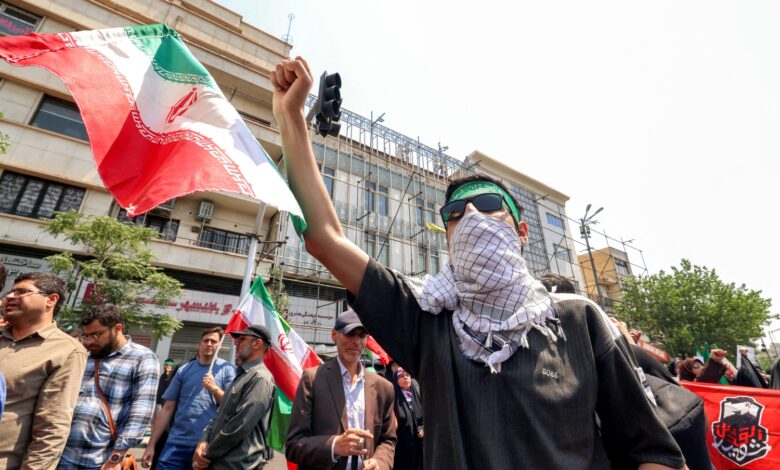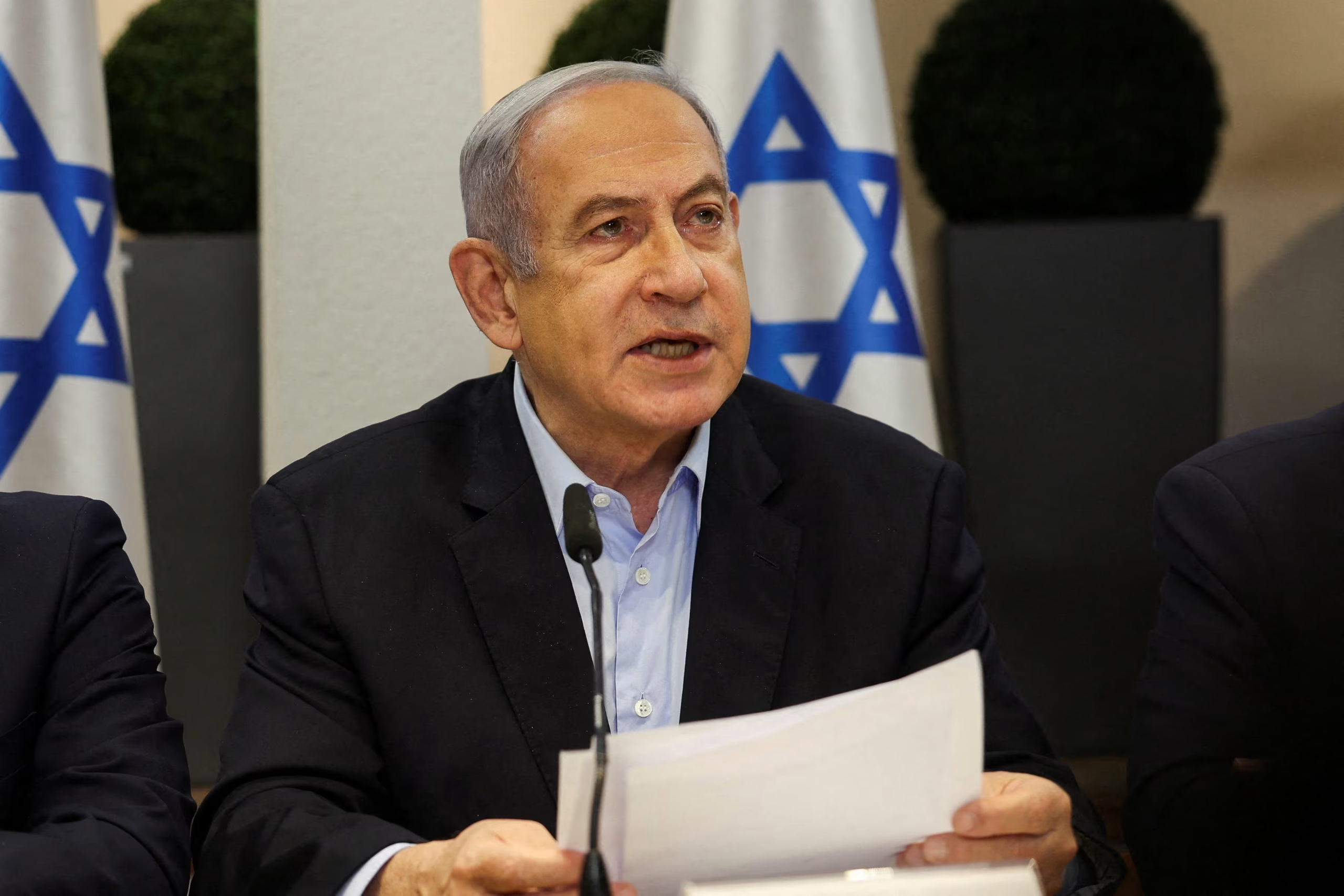Iran has labelled Israel’s extensive air strikes on Friday a “declaration of war,” while US President Donald Trump urged Tehran to “make a deal” to avert “even more brutal” attacks on its nuclear programme.
Israel reported hitting 100 targets in Iran, including nuclear facilities, and claimed to have killed senior figures, including Iran’s armed forces chief of staff, Mohammad Bagheri, and the head of the Revolutionary Guards, Hossein Salami, along with most of the IRGC air force’s senior leadership.
Iran confirmed the deaths of its aerospace commander and “a group of brave and dedicated fighters,” with state media also reporting that a senior advisor to the supreme leader was wounded.
Iranian Supreme Leader Ayatollah Ali Khamenei warned Israel of a “bitter and painful” fate, and Foreign Minister Abbas Araghchi echoed the “declaration of war” sentiment, while President Masoud Pezeshkian vowed that “Iran will make the enemy regret its foolish act.”
The Israeli military also stated that Iran launched approximately 100 drones, which were intercepted by air defences outside Israeli territory, with neighbouring Jordan reporting it had targeted drones and missiles violating its airspace.
Israeli Prime Minister Benjamin Netanyahu confirmed strikes at the “heart of Iran’s nuclear enrichment programme,” targeting scientists and the main uranium enrichment facility in Natanz, vowing the strikes would “continue as many days as it takes” as intelligence suggested Iran was nearing a “point of no return” on its nuclear capabilities.

US President Trump, who had prior knowledge of the strikes, reinforced his warning on Truth Social, stating there has already been “great death and destruction,” but there is “still time to make this slaughter… come to an end,” urging Iran to “make a deal before there is nothing left.”
The United States maintained it was not involved in the Israeli action and warned Iran against targeting American personnel or interests, though Tehran asserted Washington would be “responsible for the consequences.”
The UN nuclear watchdog, IAEA, is “closely monitoring” the situation at Natanz, where Israel claimed to hit underground uranium enrichment centrifuges, with Iran stating most damage was superficial.
The escalated violence caused widespread concern, with Tehran’s streets deserted and queues forming at petrol stations.
Air traffic was halted at Imam Khomeini International Airport, and Iraq, Jordan, and Syria closed their airspace.
Israel declared a state of emergency, while the region braced for uncertainty. Oil prices surged, and stocks plummeted following the strikes, which came after Trump’s earlier warnings of “massive conflict” and the potential withdrawal of US staff from the Middle East.
While Israel views Iran as an existential threat and has adopted a less restrained approach since the October 7, 2023, Hamas attack, the international community, including the US and Western governments, continues to accuse Iran of pursuing nuclear weapons, an ambition Tehran denies, even as it enriches uranium far beyond the 2015 agreement’s limits.


 Trending
Trending 